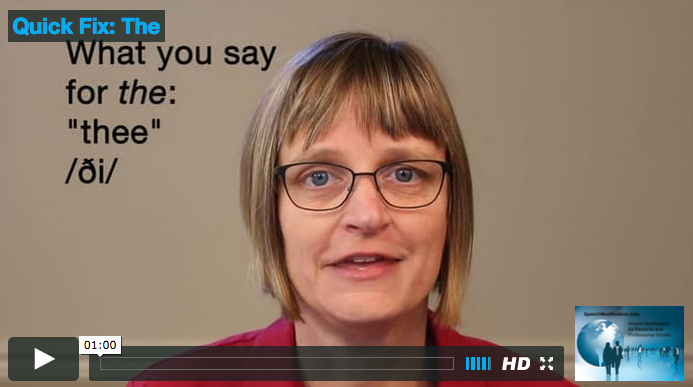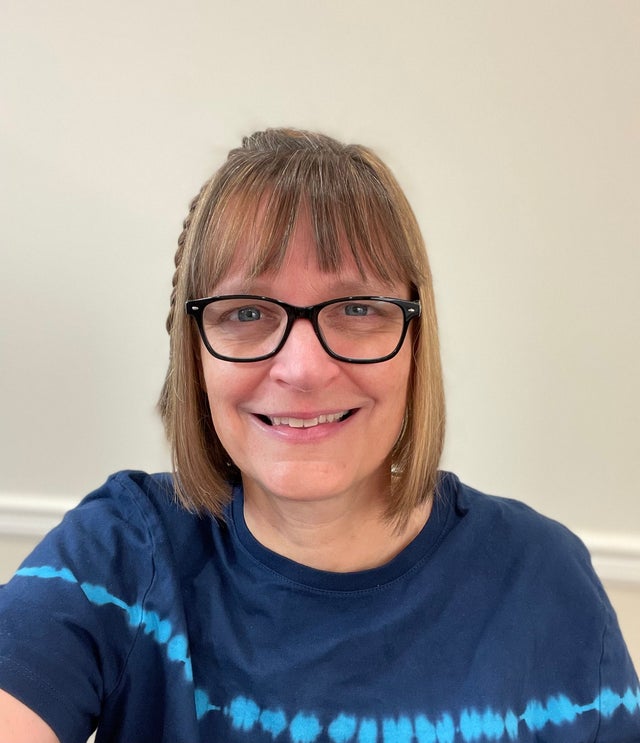 What words do you find most difficult to say in English? Speech Modification's Accent Reduction Technique (S.M.A.R.T.) focuses on the most frequently used words in English, as well as the business, technical and social words that you use the most. By practicing the things you actually say, you can change your speech more effectively and quickly. We want to hear from you! Tell us which words you find the most difficult, and we will provide recordings for you to practice these words. Choose from the list below, or add your own words. We'll help you say what you really want to say, and to say it correctly. Recordings will be added to this post as they are requested.
0 Comments
The most frequently used word in English is the. Are you pronouncing it correctly? In most contexts, we say the with a voiced th and vowel schwa: /ðə/. In a few cases, we use a voiced th and vowel ee /ði/. The rule is, use /ðə/ for all contexts except when the next word begins with a vowel. In that case, use /ði/. So, say "the meeting," /ðə/, but "thee office," /ði/.
Like this video? Check out our S.M.A.R.T. Video Course!
Many adverbs in English consist of an adjective with the added suffix -ly. This creates a new syllable, as in 'recent (2 syllables) and 'recently (3 syllables), or com'plete and com'pletely. The stressed syllable remains the same. Sometimes we spell this with -ally, as in basically, specifically, and especially. Even though we spell this like /ali/, it is still pronounced the same as -ly. We only add one syllable. Basically sounds like basic-ly, not basic- a- ly.
Remember to use long and short syllables rather than even stress across syllables for these and other multi-syllabic words. Here are some of the most common adverbs and their pronunciation:
|
Categories
All
Archives
May 2024
Have Questions?
Get A Free Consultation We offer a free 30-minute phone consultation. Schedule yours now. |

 RSS Feed
RSS Feed

